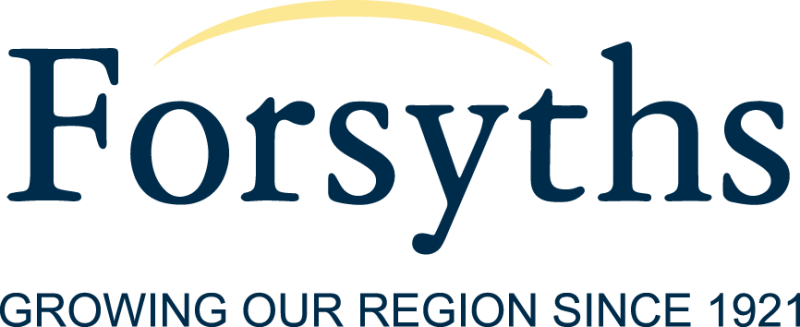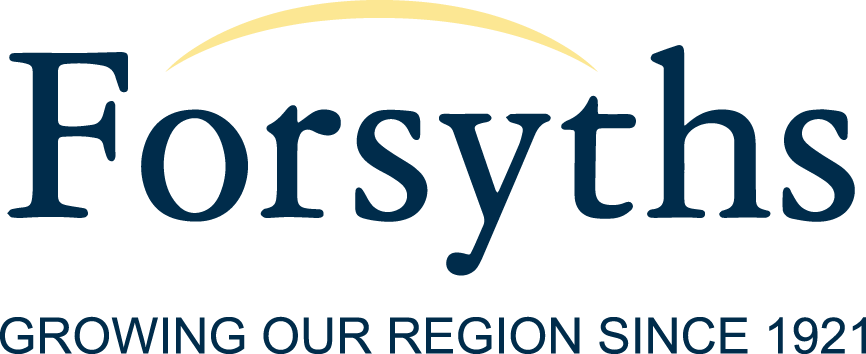
2018 Federal Budget – What it means for you
Published May 09, 2018
Budgets are tricky! Our household budget, tracking our weekly spend etc. – all of these help us to save money and spend on the most important things in our life. The Federal Governments 2018 Budget was released last night and you may be wondering, how does this affect me?
FOR INDIVIDUALS:
Low and middle-income earners will be receiving a new non-refundable tax offset. Taxpayers with a taxable income of $37,000 will get a benefit of up to $200. If you are earning between $37,001 and $47,999, you will receive $200 plus three cents per dollar over $37,000 – the maximum benefit being $530. If your taxable income is between $48,000 and $90,000 you get an offset of $530. For taxpayers earning between $90,001 and $125,333, the offset will phase out at a rate of 1.5 cents per dollar.
From 1 July 2018, the government will increase the middle tax bracket of 32.5% from $87,000 to $90,000 and intend to remove the 37% tax bracket entirely by 1 July 2024.
The Medicare Levy will remain the same at 2% and the Medicare low-income thresholds have been increased:
- With the threshold for singles increasing from $21,655 to $21,980
- The family threshold will be increased from $36,541 to $37,089
- Single seniors and pensioners threshold will be increased from $34,244 to $34,758
- Increasing the family threshold for seniors and pensioners from $47,670 to $48,385
FOR SMALL BUSINESSES:
The government has extended the $20,000 immediate write off again for another 12 months, this will now be until 30 June 2019. This is for businesses with a combined annual turnover of less than $10 million. You will be able to immediately deduct eligible assets costing less than $20,000 first used or installed before 30 June 2019.
From 1 July 2018, businesses will no longer be able to claim deductions from the following payments made to:
- Employees where the required PAYG withholding has not been made
- Contractors who have not supplied their ABN and where the required PAYG withholding has not been made.
A limit of $10,000 for cash payments made to businesses for goods and services will come into effect on 1 July 2019. Payments over $10,000 will need to be made through an electronic payment system or cheque.
The company tax rate will reduce to 27.5% for companies with a turnover of less than $25 million for the 2017/2018 financial year. From 1 July 2018, this will expand to companies with a turnover of less than $50 million.
To assist with fostering new ideas and developments, the government is reforming the Research & Development tax incentives.
SELF-MANAGED SUPERFUNDS (SMSFS) HAVE ALSO HAD SOME CHANGES IN THE 2018 BUDGET.
With all SMSFs currently being required to be audited every year, if your fund has a history of good bookkeeping and compliance it will only need to be audited every three years.
The number of allowed members in an SMSF has been increased from 4 to 6. This could be a benefit for larger families, who will be able to include all of their children in one fund.
Australians aged from 65 to 74 will be exempt from the superannuation work test if their super balance is under $300,000. This will allow them to make voluntary super contributions if they do not meet the work test requirements in the first year.
If you have any questions or want to know more about how the budget might affect you we are here to help.
Contact us today



